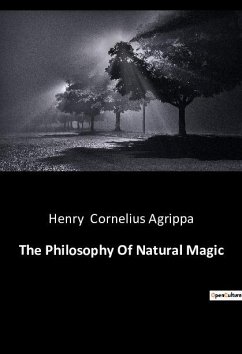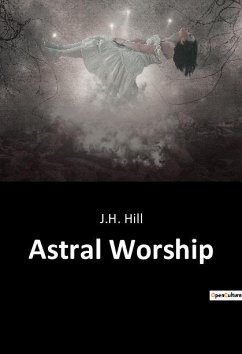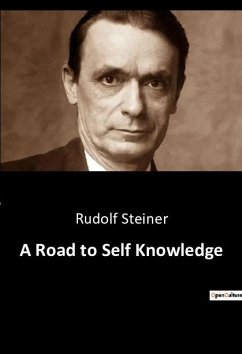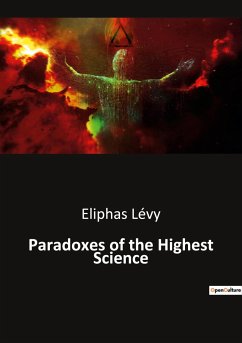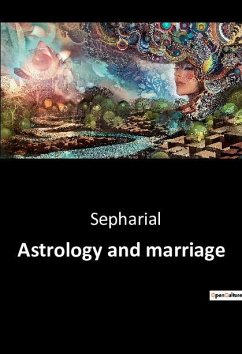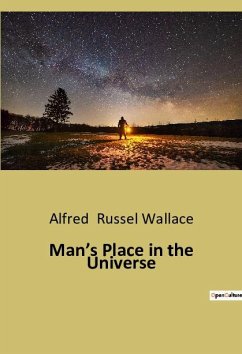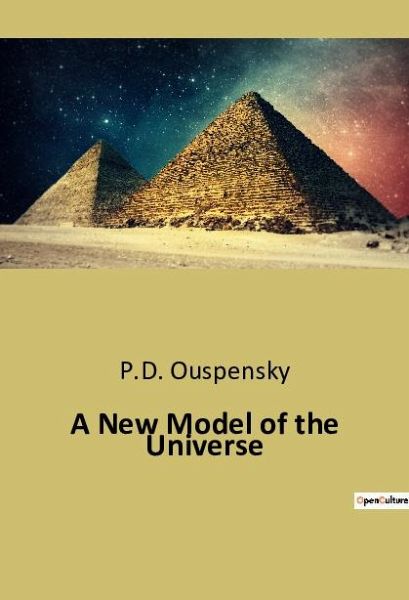
A New Model of the Universe
Versandkostenfrei!
Versandfertig in 1-2 Wochen
32,90 €
inkl. MwSt.
Weitere Ausgaben:

PAYBACK Punkte
0 °P sammeln!
" In A New Model of the Universe, written in 1914 and now published for the first time in French, P.D. Ouspensky describes his own quest for a form of truth concerning questions as fundamental as the place of man in the universe, the unknown, the invisible world, starting from the idea, always, that true civilization only exists in esotericism, and that modern Western civilization suffers from a profound barbarism due to the absence of esoteric thought. Calling on Christianity, Judaism, Eastern philosophies, the symbolism of the Tarot, experimental mysticism, the study of dreams, hypnotism, yo...
" In A New Model of the Universe, written in 1914 and now published for the first time in French, P.D. Ouspensky describes his own quest for a form of truth concerning questions as fundamental as the place of man in the universe, the unknown, the invisible world, starting from the idea, always, that true civilization only exists in esotericism, and that modern Western civilization suffers from a profound barbarism due to the absence of esoteric thought. Calling on Christianity, Judaism, Eastern philosophies, the symbolism of the Tarot, experimental mysticism, the study of dreams, hypnotism, yoga, but also the sciences and in particular ancient physics and modern, the author attempts to answer the following questions: what form does the world have? Is the world a chaos or a system? Does the universe exist by accident or was it created according to a plan? A new model of the Universe responds to a growing need in late 20th century man to question his origins and the meaning of his existence by having recourse to ancient beliefs and traditions...."





